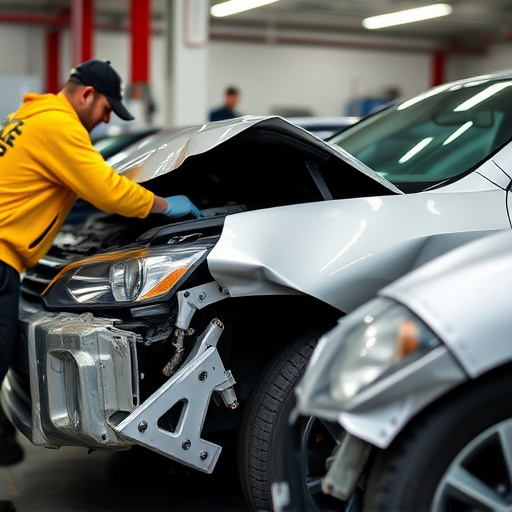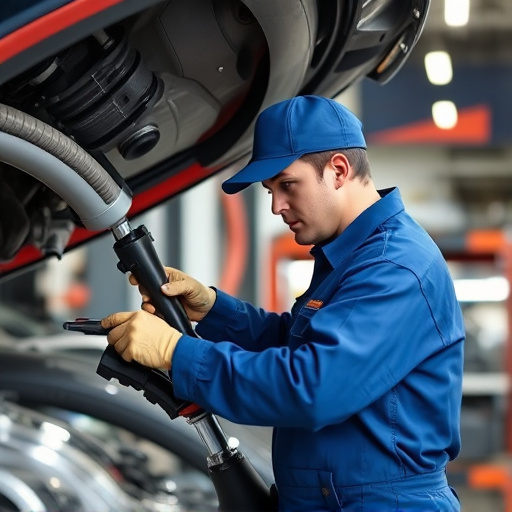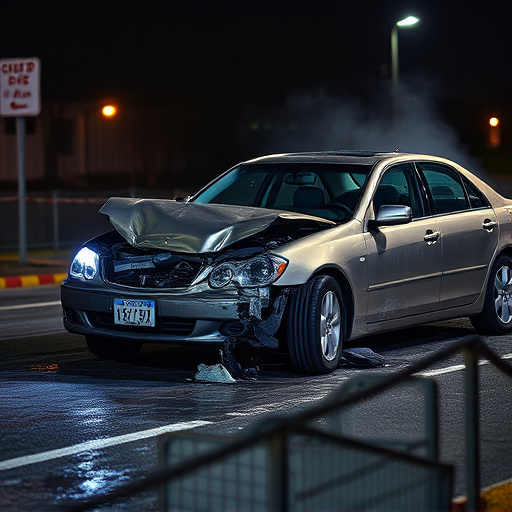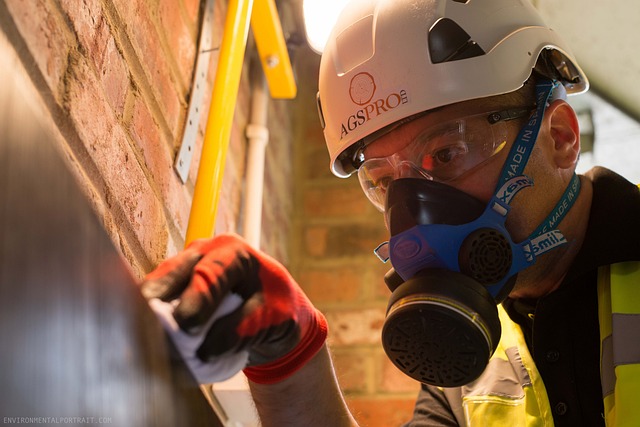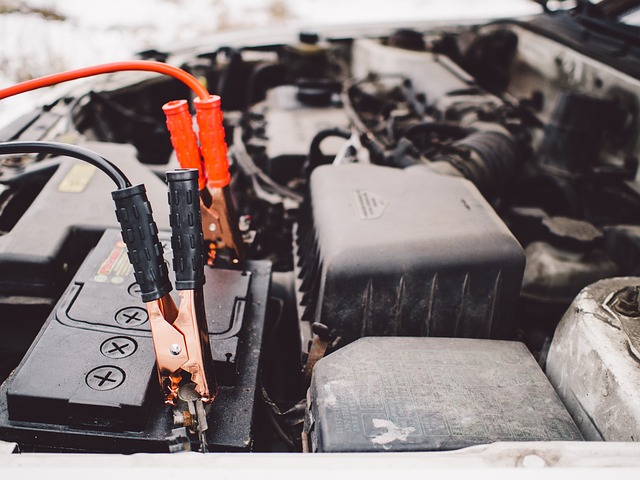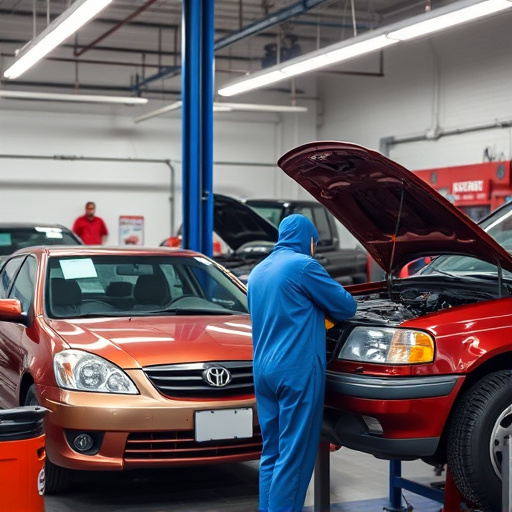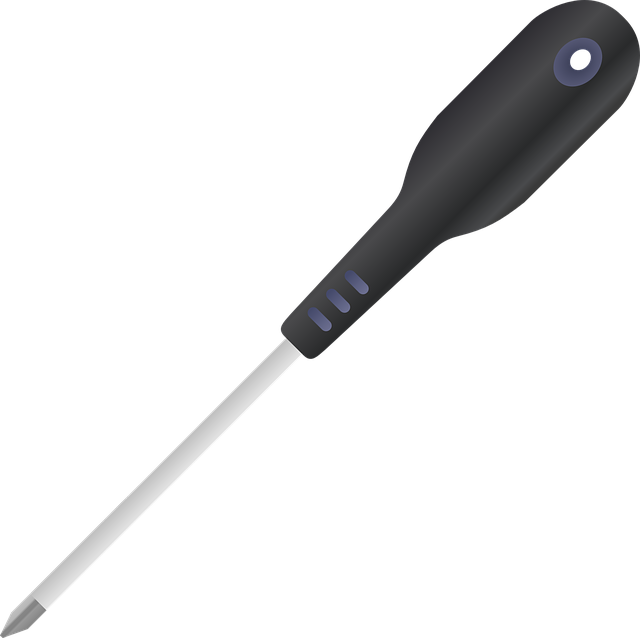When deciding between repairing or replacing damaged items, especially in a vehicle like a car, consider the financial implications. While simple repairs save on labor costs, complex damage may require replacement parts or even the entire vehicle. Evaluating maintenance needs and cost-effectiveness helps stay within budget; repeated minor repairs can eventually cost as much as replacement. Key considerations include immediate savings and turnaround time for repairs versus fresh products but waiting periods and potential depreciation for replacements. Weighing these factors makes informed decisions, saving money in the long term. For vehicles, assess damage objectively, consider cost-effective solutions like dent removal, consult experts, get quotes, and prioritize regular maintenance to prevent future costly problems.
When faced with the choice between repairing or replacing an item, you’re not just making a decision about convenience—it’s a budget-shaping endeavor. This article delves into the financial implications of these choices, guiding you through understanding the impact on your wallet. We explore factors like cost, time, and item value that influence your decision, offering strategies to make informed choices for long-term savings. By weighing repair vs. replace, you can navigate smartly within your budget.
- Understanding the Impact of Repair vs Replace on Your Wallet
- Factors Influencing the Decision: Cost, Time, and Item Value
- Strategies to Make Informed Choices for Long-Term Savings
Understanding the Impact of Repair vs Replace on Your Wallet

When faced with the choice between repairing or replacing damaged items, especially in a vehicle like a car, understanding the financial implications is key. Repair vs replace decisions significantly impact your budget and overall expenses. A simple fix, such as a vehicle dent repair, might be more cost-effective in the short term, saving you money on labor costs compared to a full replacement. Body shop services for minor repairs can extend the life of your vehicle, delaying the need for a costly replacement.
However, for more complex or severe damage, like extensive car damage repair, replacing parts or even the entire vehicle might be the more logical choice in the long run. While immediate repairs may offer temporary relief, repeated fixings for minor issues can add up over time, rivaling or exceeding the cost of a replacement. Thus, evaluating the scope and frequency of required maintenance is essential when making repair vs replace decisions to stay within budget.
Factors Influencing the Decision: Cost, Time, and Item Value
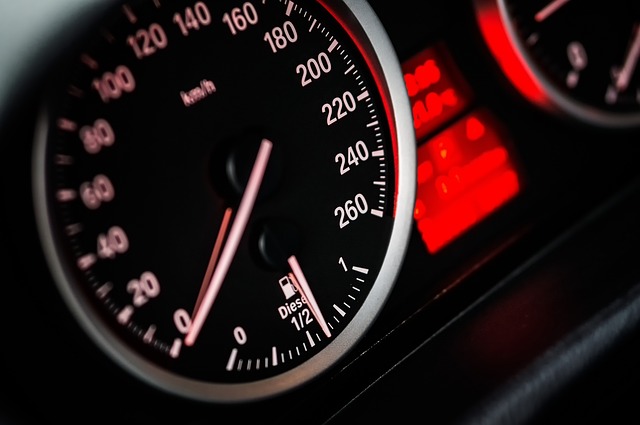
When considering repair vs replace decisions, several factors come into play. One of the primary considerations is cost. While repairs are generally less expensive upfront, they can sometimes lead to long-term financial savings if the item in question has significant value and a track record of durability. For instance, repairing an old but well-maintained car might be more economical than replacing it with a new model, given the potential depreciation of a new vehicle within just a few years.
Time is another crucial factor. A repair job can often be completed swiftly, allowing you to get back to using your item promptly. Conversely, replacing it might involve waiting periods for purchasing and arranging delivery or production, especially if it’s a specialized or custom-made item like a car paint repair or auto dent repair at a collision center. Additionally, the value of your time should be considered; is spending a day or two waiting for a replacement more beneficial than paying for a quick fix?
Strategies to Make Informed Choices for Long-Term Savings

When facing a repair vs replace dilemma for your vehicle, making informed decisions can significantly impact your budget in the long run. Instead of impulsively opting for replacement, consider the following strategies to extend the life of your car and save money:
Assess the damage objectively. Minor issues like a dent or scratch might be easily remedied through services like dent removal or vehicle paint repair, proving more cost-effective than replacing an entire panel. For larger repairs that affect safety or structural integrity, consult with trusted vehicle repair services to get expert opinions and accurate estimates. Comparing quotes from different providers empowers you to make choices aligned with your budget and needs. Remember, prioritizing regular maintenance can also prevent future, more costly repairs.
When faced with the choice between repairing or replacing an item, understanding the financial implications is key. By considering cost, time, and the value of the item, you can make informed decisions that align with your budget goals. Adopting strategic approaches to these choices may not only save you money in the long term but also foster a more sustainable and responsible consumption mindset.
